In different words and different ways, students finishing the year in our Future Readiness Lab invariably suggested the greatest value of the program was giving them the structure they needed to imagine their post-secondary lives.
To one young woman at Hampton High School, for example, “it’s been like a guided way to explore my future.”
For a young man from Clairton City High School, the Lab “helped me realize that we could actually have a plan for after high school, that we can actually have a foundation, and be set up for success.”
Launched last fall as part of The Heinz Endowments’ Future Readiness Institute, the Lab piloted an innovative approach to helping diverse teams of students from eight districts envision their futures and work toward developing post-secondary plans.
In addition to Hampton and Clairton City, participating districts and schools included Carlynton, Deer Lakes, Montour, Penn Hills, Pittsburgh Brashear, and Woodland Hills. There was an educator at each school assigned to coach its Lab team.
In collaboration with Consortium staff, the coaches supported students through a yearlong journey of self-exploration, aimed at answering five questions: Who am I? Who do I want to become? How do I get there? How do I continue to learn? and How do I give back to my community?
The Lab also provided tools for helping students assess their skills and dispositions, making them more aware of their strengths and how to build on them.
During the spring, students planned and began implementing community projects ranging from recycling programs to providing supplies and food to those who may have been affected by COVID-19. They’ll be finishing the projects in the fall. SLB Radio Productions collaborated with the pilot to help students document their Lab experience and project plans.
At the end of it all, a Deer Lakes junior said the Lab helped him “learn a lot about myself and my interests, how they translate into the real world, and how I can find a job that I love.”
“That kind of feedback really helped validate the five questions as a solid framework for working with students around post-secondary planning,” said Program Director Christy Kuehn, PhD, who staffed the lab along with Program Director Jenn Sethman.
“The program also brought home the point that learning the process of planning is at least as important for students, if not more so, than the plan itself,” Sethman added.






